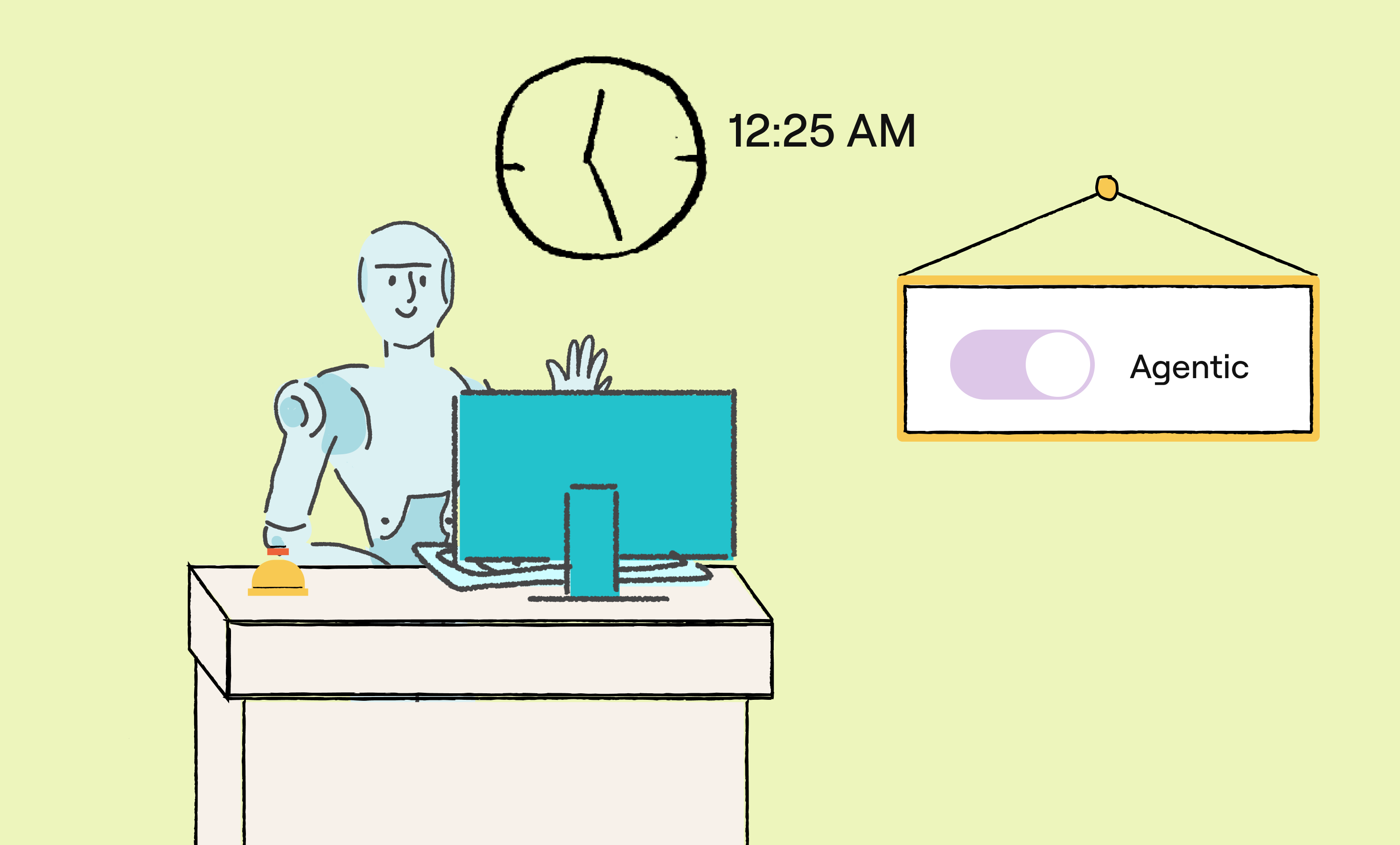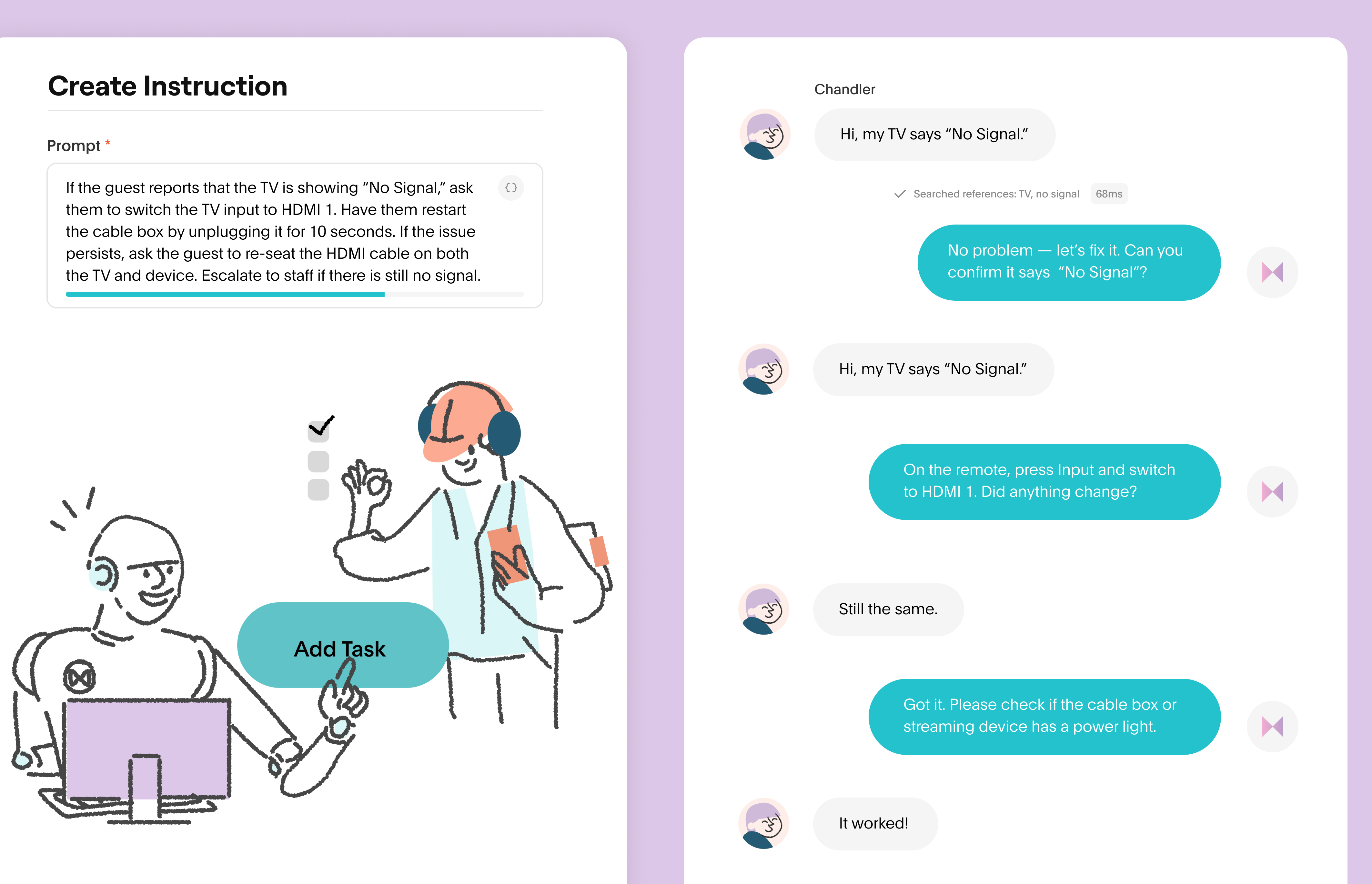Google Reviews Are Becoming More Important Than TripAdvisor Reviews
Let’s say that you’re visiting a new city and you’re looking for a restaurant to go to for dinner. Chances are, the first thing you will do is pull out your phone, go to Google, and search “restaurants near me”. Thanks to Google, your GPS will do the work for you and give you a list of restaurants nearby. But you’re not just going to go to any restaurant— you want something you can trust will be good. So which will you choose? The restaurant with a 4.5 star rating or the one with a 2.5 star rating?
You’re not alone if you chose the restaurant with 4.5 stars over the one with 2.5 stars. According to a study by BrightLocal, 82% of consumers read reviews for local businesses before making decisions, and around 91% of people said they were more likely to use a business if it had more positive reviews. The opposite is also very prevalent—82% of consumers say that negative reviews turned them away from using a business. The exact star rating also matters; only 53% of people would even consider using a business with less than a 4-star rating, so it’s crucial for any business to maintain a rating above 4-stars.



It’s probably no surprise that most travelers also use reviews to decide which hotel to book with. After all, 76% of people trust online reviews as much as personal recommendations, and people read an average of 10 reviews before making a purchase decision. What do your last 10 reviews look like? Having good reviews for your hotel is undoubtedly important in this review-driven world, but what you might not know is that reviews can make or break your hotel profits. According to a study, 76% of travelers are willing to spend more on a hotel if it has higher reviews. If a hotel can increase their rating by 1-star, they can charge 11.2% more while maintaining the same occupancy and market share.
Let’s break this down together. Assume that a hotel has a 67% occupancy for a 100-room hotel. It has a 3-star rating, and it charges $100 per night. Over the course of 30 days, the hotel would be making $201,000. Now, if the hotel could increase their rating to 4-stars, it could make an additional $22,512 every month, and they’re only missing out on that revenue because of their ratings.
It’s clear that reviews matter for hotels, but it’s also important to focus your reputation management on the platform that can make the greatest impact. No, we’re not talking about TripAdvisor. We’re talking about Google.
With Google taking up almost 87% of the global search engine market, it’s not hard to imagine that Google’s review system is constantly growing, and even outgrowing TripAdvisor. Google dominates the search engine market, and their review system is integrated into their search engine and maps. When the majority of people take that first step in searching for a local business, Google has just about everything they need to see on the Google My Business page: location, hours, phone number, website, rates, and reviews. Why look elsewhere when all the information is consolidated in one place?
There’s no question that Google is a very powerful company. Not only is the company a leader in technology, but it also has a very widespread reach. Google reviewers are verified by their Google accounts and their location service to ensure that they’ve actually been to the business, so people can trust that there won’t be as many fake reviews to skew ratings one way or the other. Google’s algorithm also prioritizes reviews left directly on Google over reviews from 3rd-party websites like TripAdvisor, and having more direct reviews on Google influences how a business ranks in the local search results. The logic is simple: Get more direct reviews → Show up higher on local search lists → Get more bookings.
With all of this in mind, hotels need a plan to manage their reviews on Google and maintain a rating above 4-stars. We’ve put together a straightforward checklist to help you maintain your reputation on Google, which will ultimately drive better ratings, more bookings, and more profits for you. Get our free checklist here:
Time is one the greatest asset and one of the things that [Akia] has helped us out as a property tremendously.
Wanny M.
Marketing Associate
Time is one the greatest asset and one of the things that [Akia] has helped us out as a property tremendously.
Ethan Fishbane
Director of The Front Office, Prince Waikiki
Schedule of events and useful links
Never miss a beat with our comprehensive schedule of events and collection of useful links.

Schedule of events and useful links
Never miss a beat with our comprehensive schedule of events and collection of useful links.

See Akia in action!
Schedule a demo today and learn how our hospitality platform can transform your operations and elevate your guest experience.













